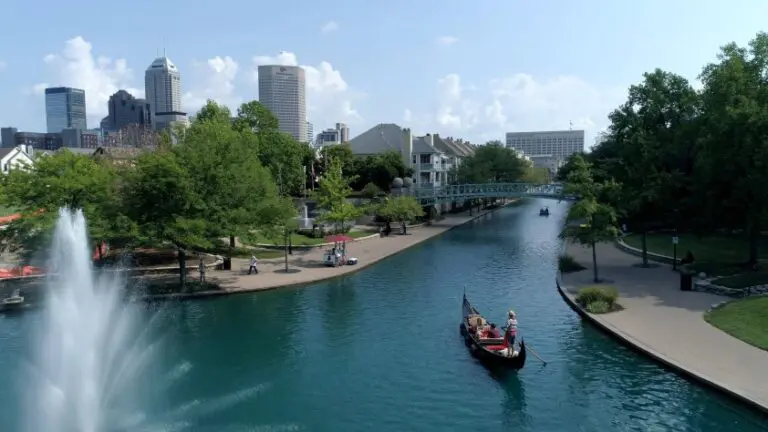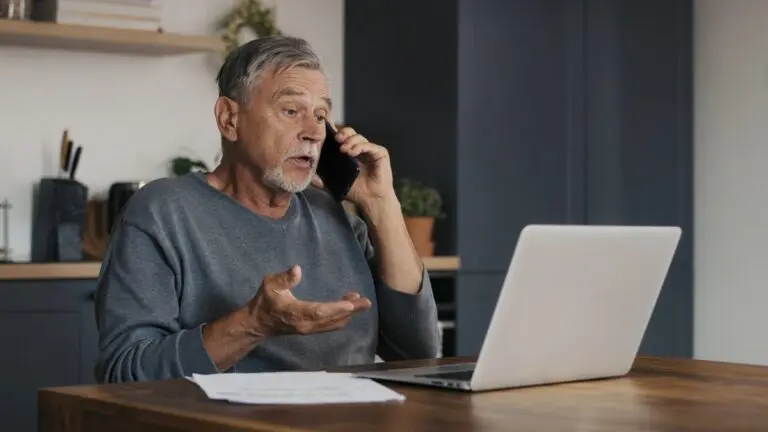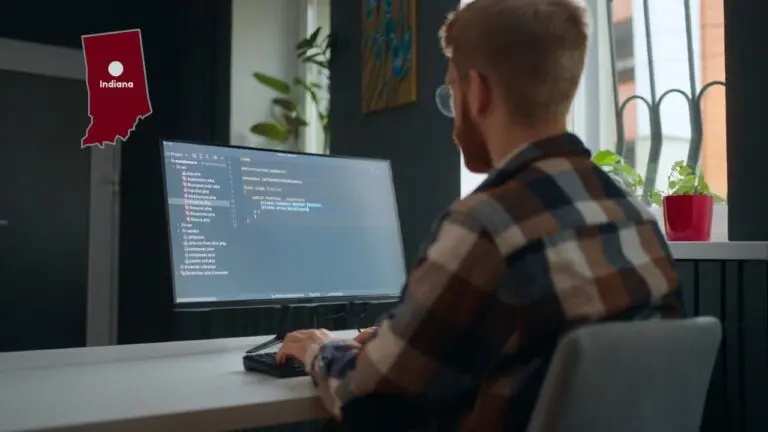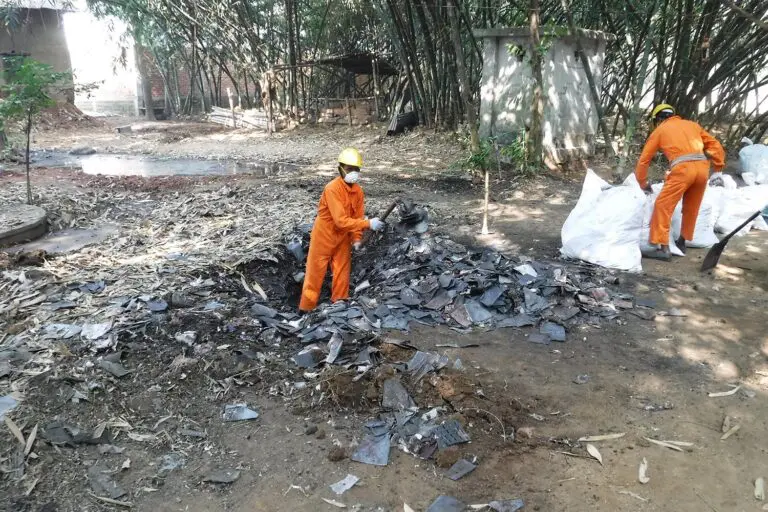Living in a small Indiana town comes with its own unique charm — everybody knows your name, neighbors wave as you pass by, and life moves a little slower. There’s a sense of belonging that’s hard to find in larger cities, where anonymity often prevails.
But let’s face it: when you’re in need of legal assistance, it can feel like finding a needle in a haystack. The lack of options can feel overwhelming, and the stakes are often high when it comes to legal matters.
So, let’s cut through the overwhelm and get straight to actionable tips to help you connect with the right legal support in your small-town community.
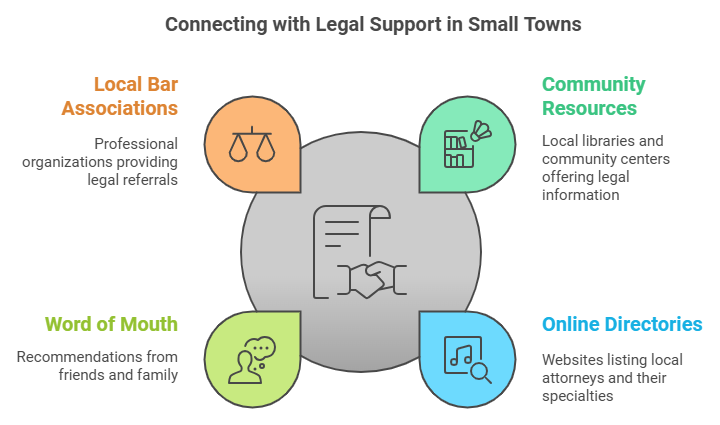
Table of Contents
Toggle1. Start by Asking Around
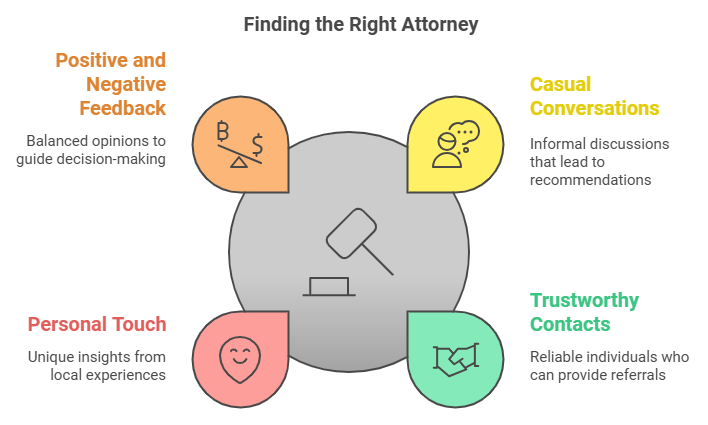
People talk (sometimes too much), but when it comes to seeking legal aid, those conversations can be a lifesaver. Begin by casually mentioning your need to someone you trust. You don’t need to go into every detail; just a simple “Do you know a good attorney around here?” can open doors. A friend, coworker, or even a church member might have valuable recommendations. You’d be surprised at how many people have been in your shoes.
Bonus — small-town referrals typically come with a personal touch. They’ll tell you if an attorney is good at returning calls or if they’ve got a knack for going above and beyond. Details like that can make all the difference when you’re deciding who to hire.
2. Check Out Local Resources
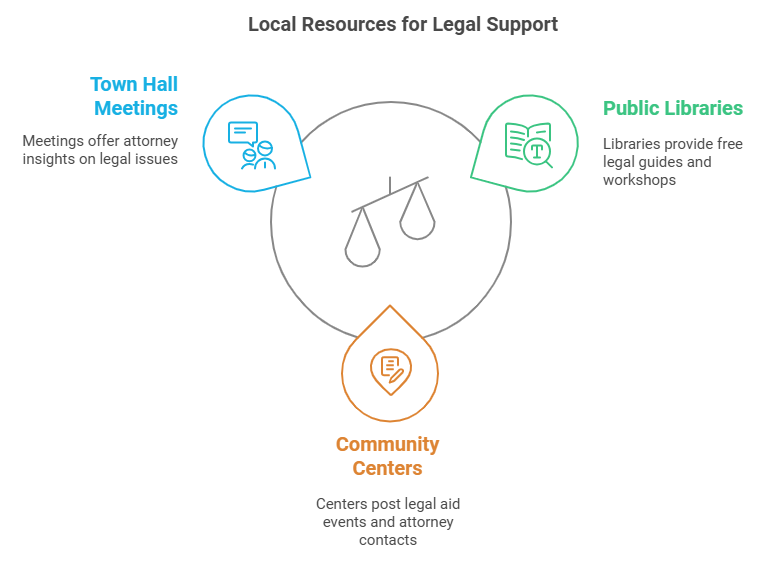
Believe it or not, small towns often have underappreciated resources for legal support. It’s easy to overlook what’s right under your nose, especially when stress clouds your thinking.
Check out:
- Public libraries: Many offer free access to legal guides, and some even host workshops or clinics. Libraries are typically underutilized gems that provide reliable, curated information.
- Community centers: Keep an eye on bulletin boards; legal aid events typically get posted there. You might also find contacts for attorneys who volunteer or work part-time in smaller communities.
- Town hall meetings: Occasionally, local leaders invite attorneys to speak on specific issues like tenant rights or elder law. These events can be a great way to learn and make connections.
3. Look for Local Attorneys with Niche Expertise
Small-town lawyers frequently wear many hats, but that doesn’t mean you have to settle for someone who dabbles in everything. While versatility is valuable, finding someone who truly understands your specific legal needs is even better. If your issue is specific, like estate planning, family law, or business disputes, try to find Indiana lawyers who specialize in that area.
Specialization typically means they’ve seen your kind of case before and know how to handle it efficiently.
Questions to Ask:
- What types of cases do they handle most typically? Knowing their strengths will help you gauge their suitability for your case.
- How familiar are they with local court processes? A lawyer with local expertise can be a huge advantage.
- Are they connected with other local professionals, like mediators or financial advisors, who might help with your case? Building a network around your legal needs can lead to a smoother process.
4. Don’t Underestimate Online Tools
The internet can be a powerful tool for finding legal help quickly. Legal directories can help you locate attorneys nearby and provide reviews, credentials, and contact details. Reading client reviews can give you an honest look at what to expect.
Social media is also your friend. Many local lawyers have Facebook pages or LinkedIn profiles where you can read reviews, check their availability, or even message them directly.
5. Look For Legal Aid Organizations
Indiana has several legal aid organizations that offer services statewide. Even in a small town, you might qualify for free or low-cost help. Don’t assume you won’t qualify without checking, you might be surprised. Here’s where to start:
- Indiana Legal Services, Inc.: They cover everything, from housing issues to family law for eligible residents. Their team is dedicated to helping those who might otherwise go without legal aid.
- Pro bono programs: Many counties have volunteer lawyers who assist with specific cases. These programs are often designed to help people with limited financial resources.
6. Get To Know Local Court Clerks
Here’s a tip I wish someone had told me earlier: get to know your local court clerk. It’s not the most obvious resource, but it’s one of the most valuable. They can’t offer legal advice, but they’re a goldmine of information.
Clerks can explain court processes, provide the correct forms, and even suggest where you might find free resources.
7. Be Clear About Your Budget
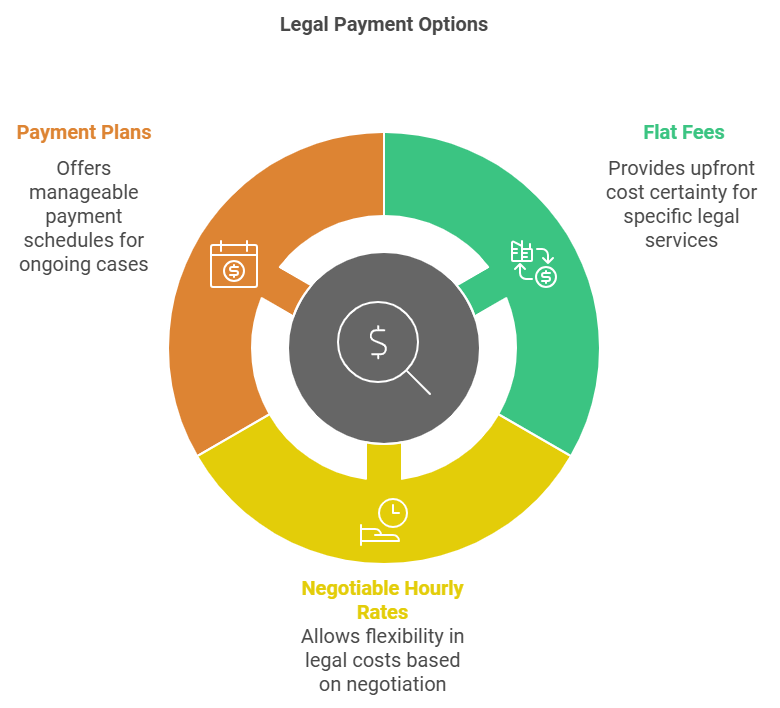
Having a clear budget in mind will help you narrow down your options and avoid surprises later.
Many lawyers in small towns offer flexible payment options, including:
- Flat fees for specific services (like drafting a will or filing divorce papers). This can provide clarity and peace of mind about costs upfront.
- Hourly rates that can sometimes be negotiated. Don’t be afraid to ask if there’s any wiggle room, especially for simpler cases.
- Payment plans, especially for ongoing cases. Breaking costs into smaller, manageable chunks can make legal help more accessible.
8. Trust Your Gut
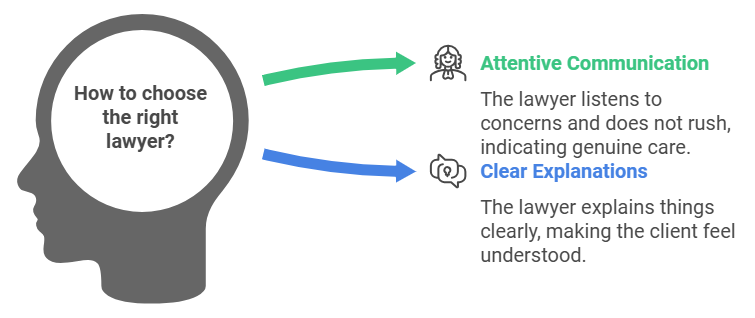
Pay attention to how an attorney communicates during your first meeting. Are they listening to your concerns, or are they rushing to get you out the door?
Do they explain things in a way that makes sense to you, or do you leave more confused than when you walked in?
9. Ask Questions
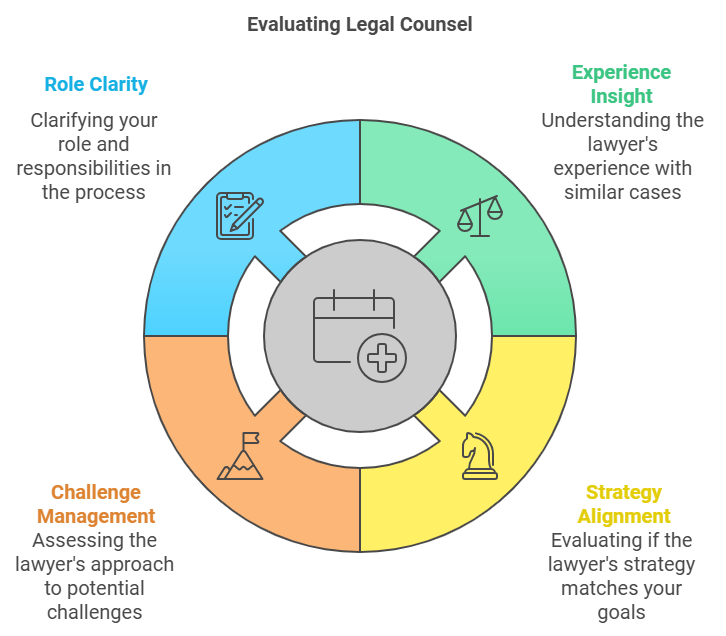
Don’t let that time go to waste; it’s your opportunity to get answers and decide if the lawyer is the right fit. Here are a few questions that can give you valuable insight:
- How many cases like mine have you handled? This can help you understand their experience and comfort level with your issue.
- What’s your typical strategy for resolving cases like this? Knowing their approach can help you decide if it aligns with your goals.
- What are potential challenges, and how would you handle them? A good lawyer will be upfront about potential obstacles and have a plan for addressing them.
- What will you need from me to get started? Understanding your role in the process can help you prepare and avoid delays.
10. Stay Persistent
Finding the right legal help in a small Indiana town can take a little legwork, but don’t get discouraged.
It’s easy to feel frustrated, especially if you’re juggling other responsibilities. Your persistence pays off, and your community likely has more resources than you realize.
A Final Note
Living in a small Indiana town might come with its share of hurdles, but it also brings a unique sense of community and connection. The same network that helps you find the best place for coffee or recommends a trusted mechanic can also point you toward the right legal support. Take advantage of those relationships, local resources, and online tools to make the process less daunting.
Related Posts:
- Larry Bird’s Indiana Legacy - The Small-Town Hero…
- Indiana Companies Play Key Role in Military’s PFAS…
- Is Kratom Legal in Indiana? Current Laws and Regulations
- Why Indiana’s Clean Community Program Matters for…
- Is Indiana a Republican or Democratic State? True…
- How Indiana’s Attorney General Is Leading the Fight…



